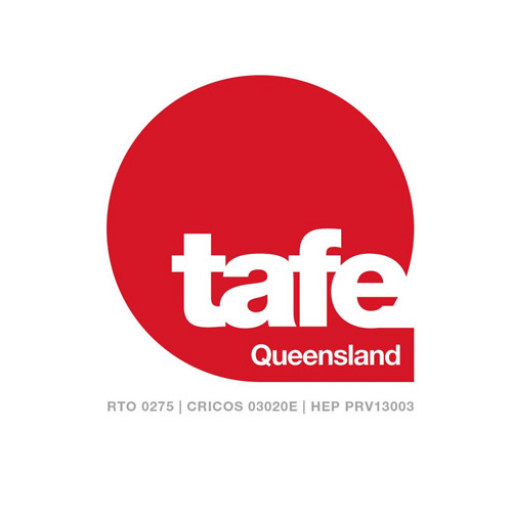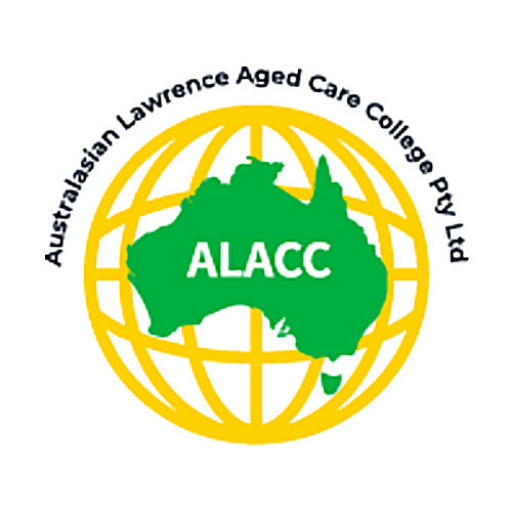The Pathology Collection program at GOTAFE is a comprehensive training course designed to equip students with the essential skills and knowledge required for a successful career in pathology specimen collection and processing. This program provides a detailed understanding of the various techniques involved in collecting, handling, and processing pathology samples, ensuring adherence to industry standards and safety protocols. Students will gain proficiency in preparing specimens for laboratory analysis, including proper labeling, preservation, and documentation, which are critical for accurate diagnostic outcomes. The curriculum covers a wide range of topics such as anatomy and physiology related to pathology testing, infection control procedures, quality assurance practices, and the ethical considerations involved in healthcare settings. Throughout the program, students will engage in practical training through simulated environments and supervised clinical placements, allowing them to develop confidence and competence in real-world scenarios. The curriculum is designed to foster critical thinking, attention to detail, and effective communication skills vital for liaising with healthcare professionals and patients. Graduates of the Pathology Collection program will be well-prepared for roles in hospitals, private laboratories, public health organizations, and other medical facilities requiring specialized specimen collection services. The program also emphasizes continuous learning and professional development to keep pace with advances in pathology testing technology and procedures. With experienced faculty, state-of-the-art facilities, and a focus on practical experience, the GOTAFE Pathology Collection program aims to produce competent and reliable pathology collection specialists who can contribute to high-quality diagnostic services and patient care. Upon completion, students receive nationally recognized certification, opening pathways to further education or immediate employment in the pathology and healthcare sectors.
The Pathology Collection program at GOTAFE is designed to provide students with comprehensive training in the collection, preparation, and analysis of pathological specimens. This specialized course equips students with the essential skills required for careers in diagnostic laboratories, hospitals, and pathology practices. Throughout the program, students will learn about the proper handling and preservation of tissue samples, the techniques for processing specimens, and the application of safety protocols in laboratory environments. The curriculum emphasizes both theoretical knowledge and practical skills, ensuring graduates are well-prepared to support pathologists and laboratory scientists in their diagnostic work.
Students will engage in hands-on training in specimen collection, including blood, tissue, and other biological materials, learning how to accurately and ethically collect samples from patients. The program also covers the principles of histology and cytology, enabling students to understand how tissue samples are prepared for microscopic examination. In addition, the course provides instruction on laboratory instrumentation, staining procedures, and quality assurance measures to maintain high standards of diagnostic accuracy.
The Pathology Collection program also offers modules on specimen documentation, data management, and adherence to biomedical ethical standards. Students will be trained to operate and maintain various lab equipment and to follow strict safety guidelines to prevent contamination and ensure patient safety. The curriculum incorporates real-world scenarios through clinical placements and simulations to give students practical experience in a clinical setting.
Graduates of this program will be equipped to pursue employment as pathology collectors, laboratory assistants, or related roles within medical laboratories and healthcare institutions. They will also gain a solid foundation for further studies in biomedical sciences or pathology. GOTAFE’s focus on practical skills combined with theoretical understanding ensures that students are job-ready upon completion of the program, ready to contribute effectively to the diagnostic processes that are vital in healthcare.
To complete the Pathology Collection program at GOTAFE, students are required to meet several academic and practical prerequisites designed to provide a comprehensive understanding of pathology collection techniques and laboratory procedures. Prospective students typically need to have completed secondary education or an equivalent qualification with a strong emphasis on science subjects such as biology and chemistry. Prior experience or knowledge in healthcare or laboratory environments is advantageous but not mandatory. The program encompasses both theoretical coursework and practical training modules, which are essential for developing competencies in specimen collection, processing, and handling. Throughout the course, students will engage in laboratory skills development, including specimen labeling, storage, and transportation, as well as understanding safety protocols and quality assurance measures. The curriculum is structured to ensure students gain a thorough knowledge of human anatomy and pathology principles, alongside practical skills in pathology specimen collection techniques. Practical assessments may include supervised clinical placements, during which students demonstrate their ability to perform collection procedures accurately and safely. To successfully graduate, students must pass all modules and assessments, complete a specified number of hours in clinical placements, and adhere to the professional standards set by the program. Additionally, students are expected to undertake continuing professional development activities and stay updated with advancements in pathology collection practices throughout their careers. The program additionally emphasizes ethical considerations, patient confidentiality, and effective communication skills, all integral to working in a healthcare environment. Successfully completing this program prepares students for employment in pathology laboratories, hospitals, and diagnostic centers, where they will contribute to accurate disease diagnosis and patient care.
The Pathology Collection program at GOTAFE offers a range of financing options to assist students in funding their studies. Students may be eligible for government funding schemes such as VET Student Loans, which provide financial support for eligible domestic students undertaking diploma-level courses. This loan option allows students to defer tuition fees, repaying them once they are employed and earning above a certain income threshold. Additionally, there are state-funded scholarships and bursaries available that recognize academic achievement or support students from diverse backgrounds. GOTAFE also collaborates with industry partners and community organizations to offer scholarship opportunities specifically aimed at students pursuing careers in pathology and related health sciences fields. For international students, tuition fees are payable in full or via installment plans, depending on the student's country of residence and enrollment status. GOTAFE provides various payment plans and options for domestic students, including upfront payment, payment plan arrangements, and financial counseling services to help manage study costs effectively. Students are encouraged to explore external sources of funding, such as private scholarships, employer sponsorships, and community grants, which can be combined with institutional funding to reduce financial burden. It is recommended to consult GOTAFE's financial services department for personalized advice, current application deadlines, and eligibility criteria. The college's commitment is to make vocational education accessible and affordable, supporting students throughout their learning journey with transparent and flexible financing options. Overall, GOTAFE strives to provide comprehensive financial guidance to ensure students can focus on their academic and professional development without unnecessary financial stress.
The Pathology Collection program at GOTAFE is a comprehensive qualification designed to prepare students for a career in the medical and healthcare industries, specifically focusing on the collection and processing of pathology specimens. This program combines theoretical knowledge with practical skills to ensure graduates are well-equipped to support diagnostic processes in medical laboratories, hospitals, and clinics. Students will learn about the various types of specimens collected, proper handling and preservation techniques, and the safety protocols necessary to work effectively in a laboratory setting. The curriculum covers anatomy, physiology, pathology, laboratory procedures, and quality control measures essential for maintaining high standards in specimen collection and analysis. Throughout the course, students will engage in supervised practical placements, gaining hands-on experience under the guidance of industry professionals. These placements are designed not only to reinforce theoretical understanding but also to develop critical skills needed for real-world application, including effective communication with patients and healthcare teams, adherence to health and safety regulations, and meticulous attention to detail. The program is suitable for individuals seeking to enter the pathology or biomedical sciences field, often as a stepping stone towards further specialization or advanced careers in medical laboratory science. Graduates from this program can pursue employment opportunities in pathology laboratories, hospitals, private clinics, and research institutions. GOTAFE's Pathology Collection program emphasizes industry standards, and its curriculum is regularly updated to reflect the latest developments in medical technology and diagnostic procedures. The training provided aims to prepare students for the challenges of working with sensitive biological specimens and ensuring the accuracy and reliability of diagnostic results. Upon successful completion of the program, graduates will receive a recognized qualification that can support their career progression in the healthcare sector, including potential pathways to further studies or certification in related fields.









